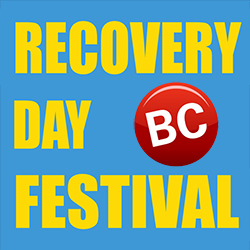Where it all started, at the Art Gallery in Vancouver in 2012.
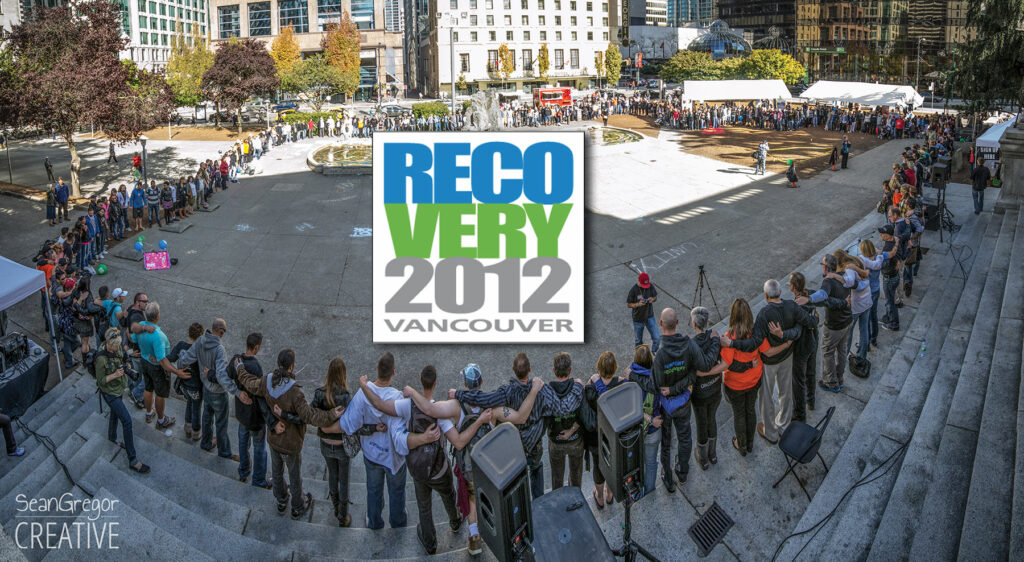
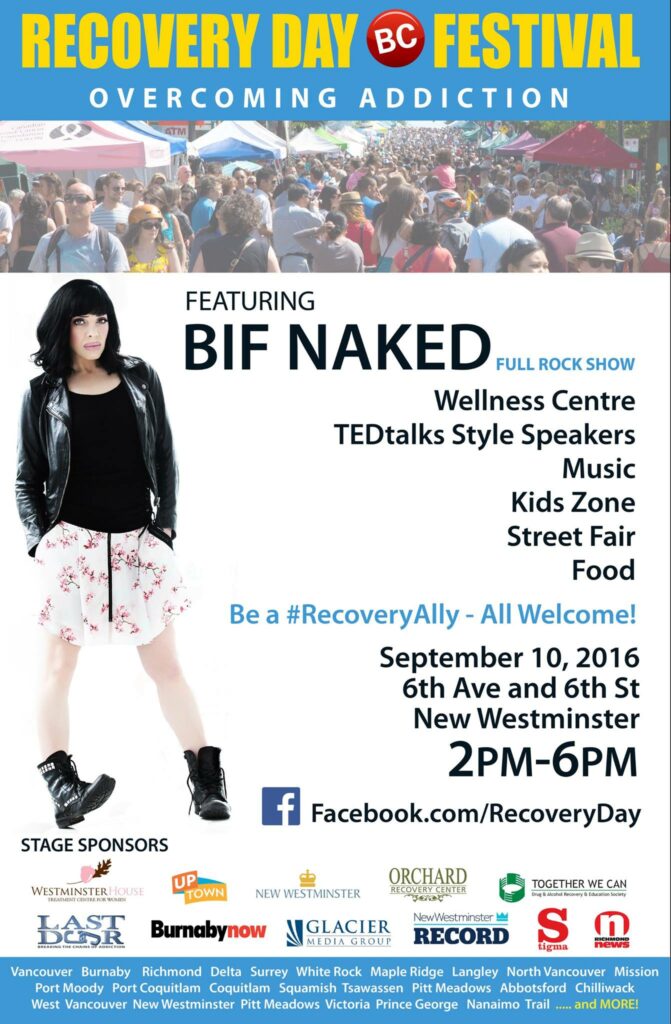
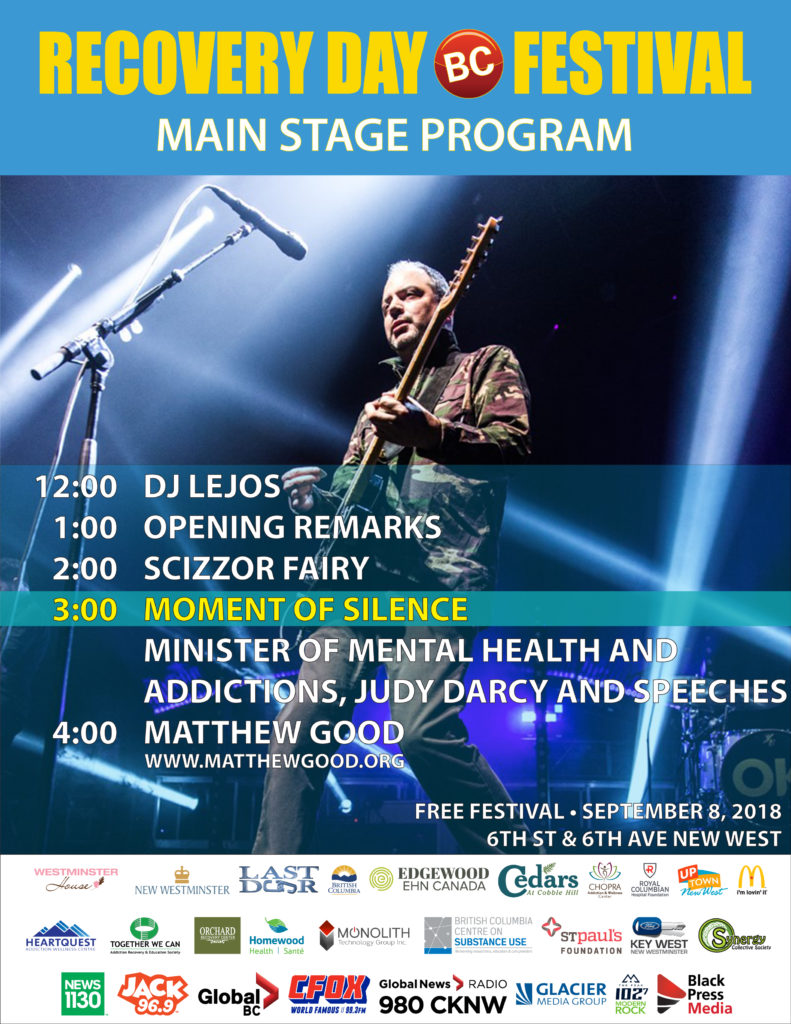
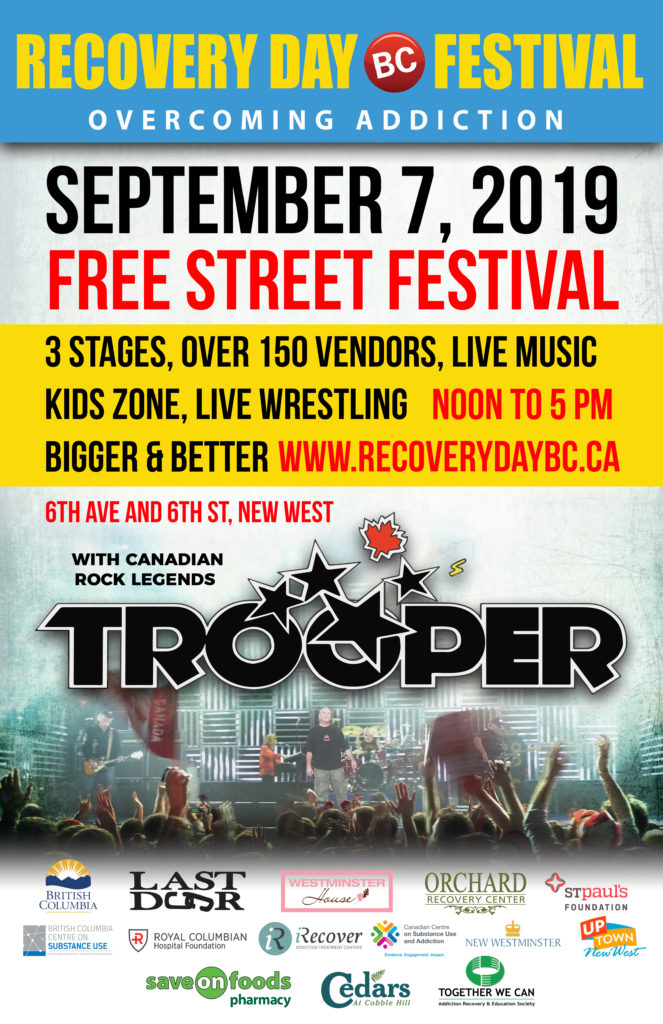
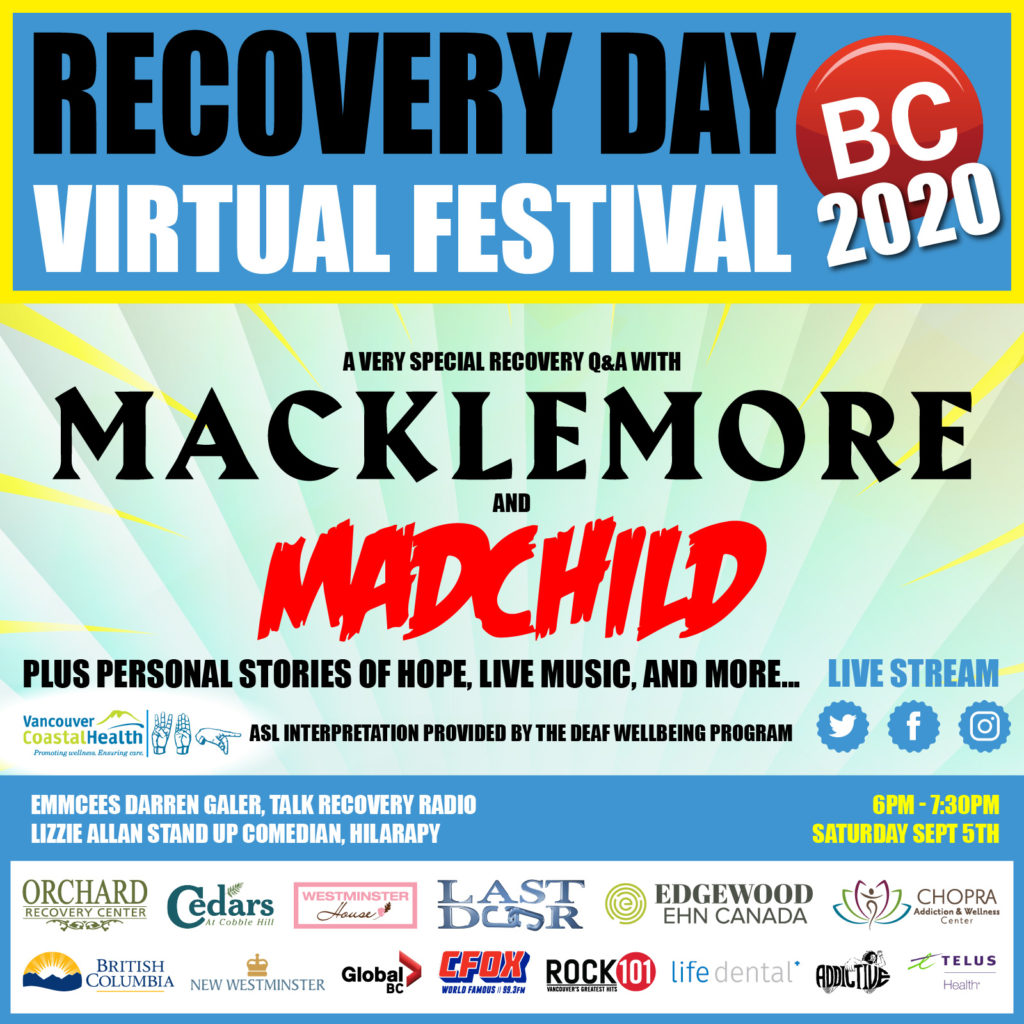
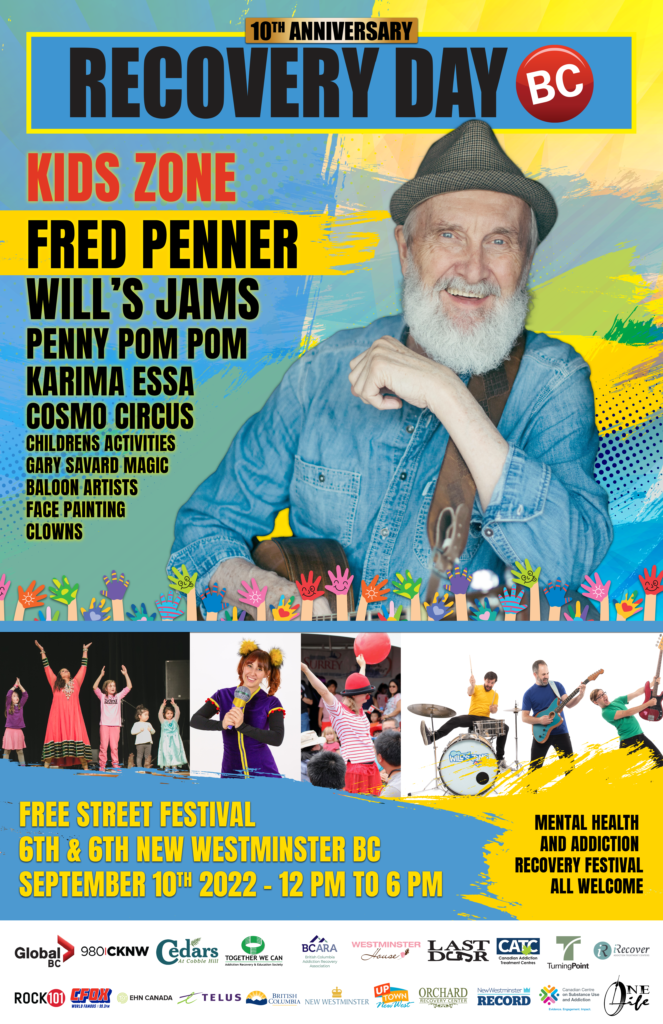
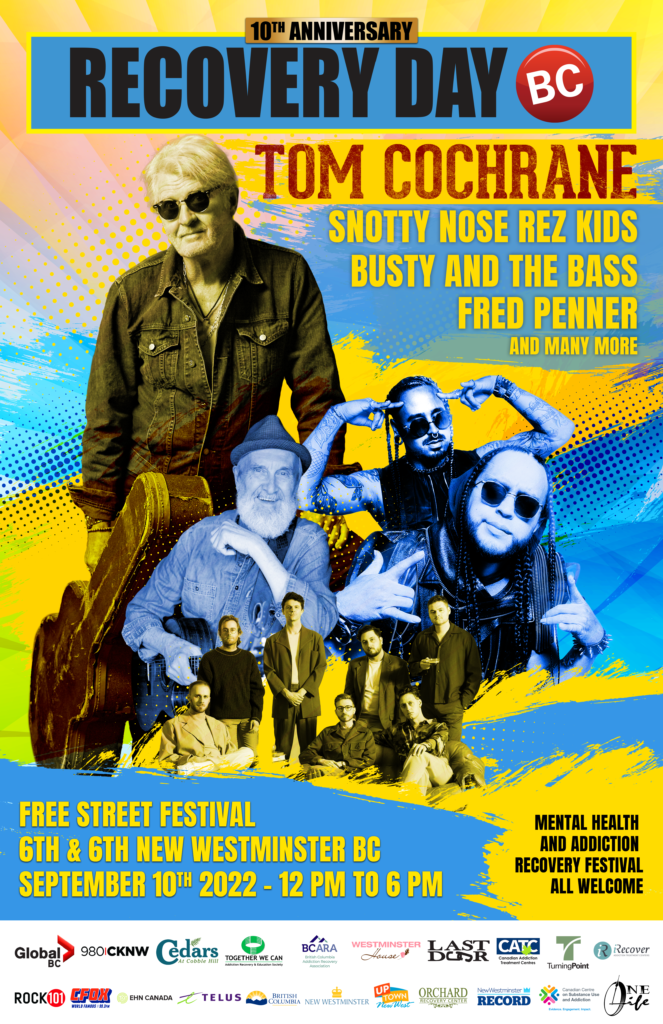
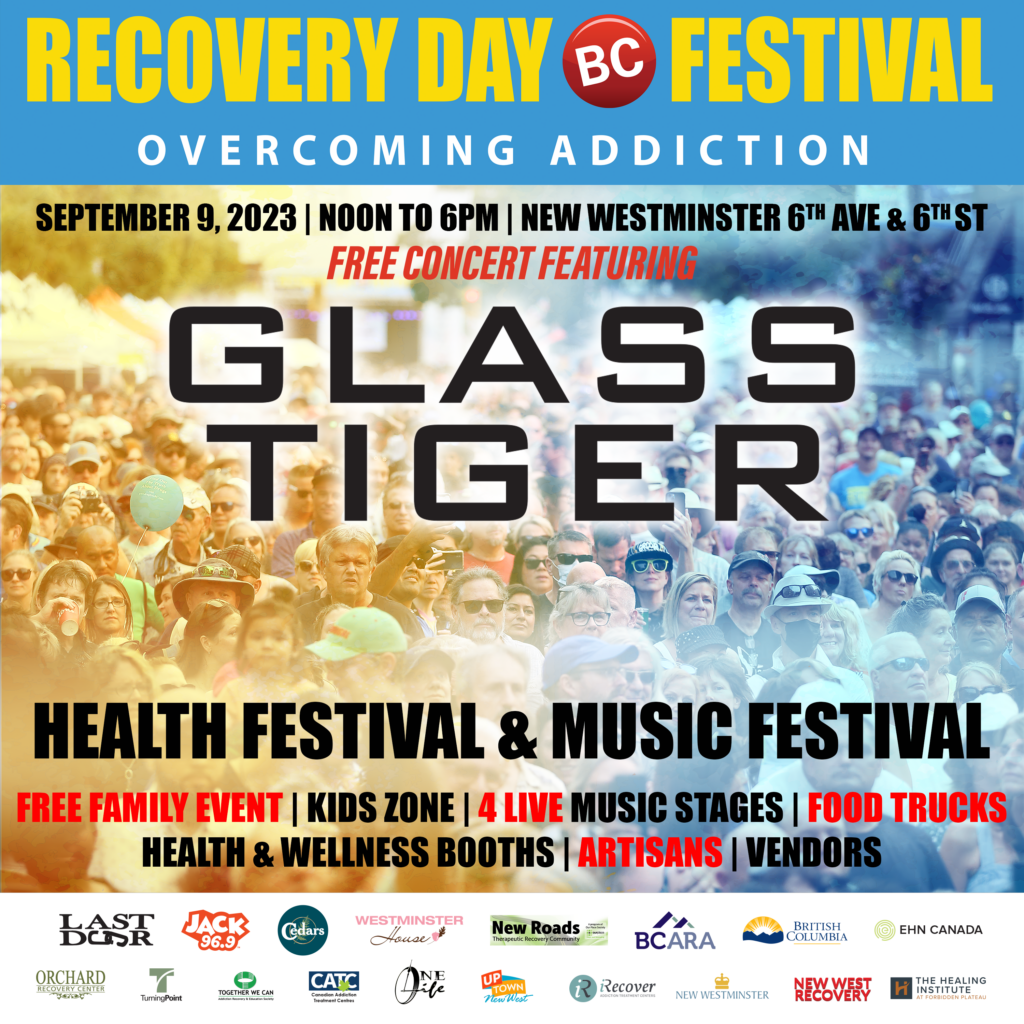
The New Recovery Advocacy Movement: Battling for Canadian’s Rights to Recover
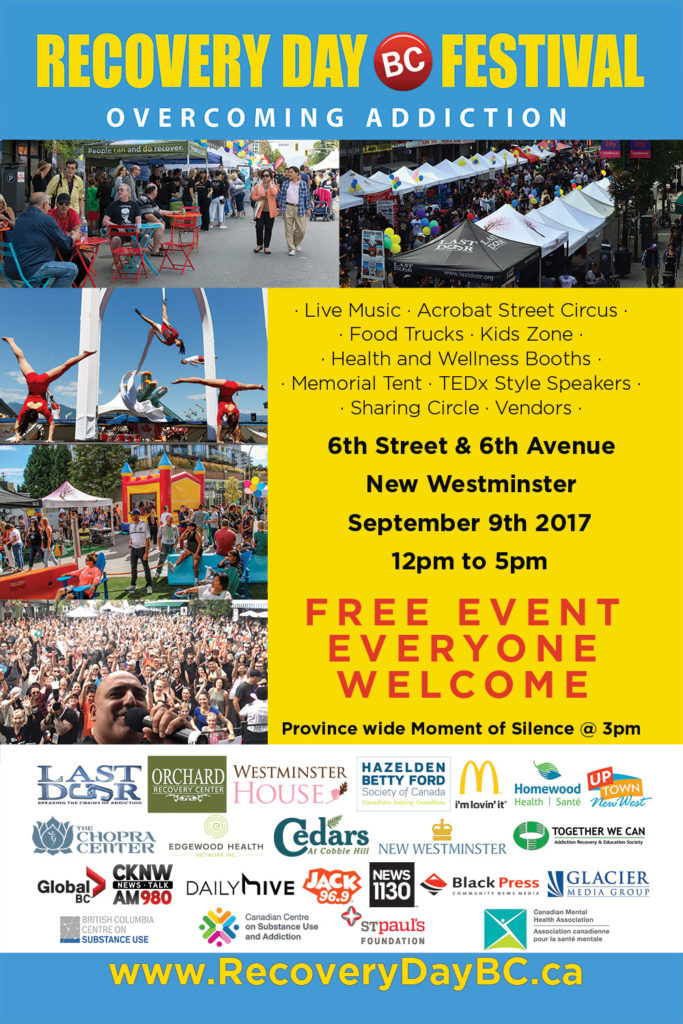
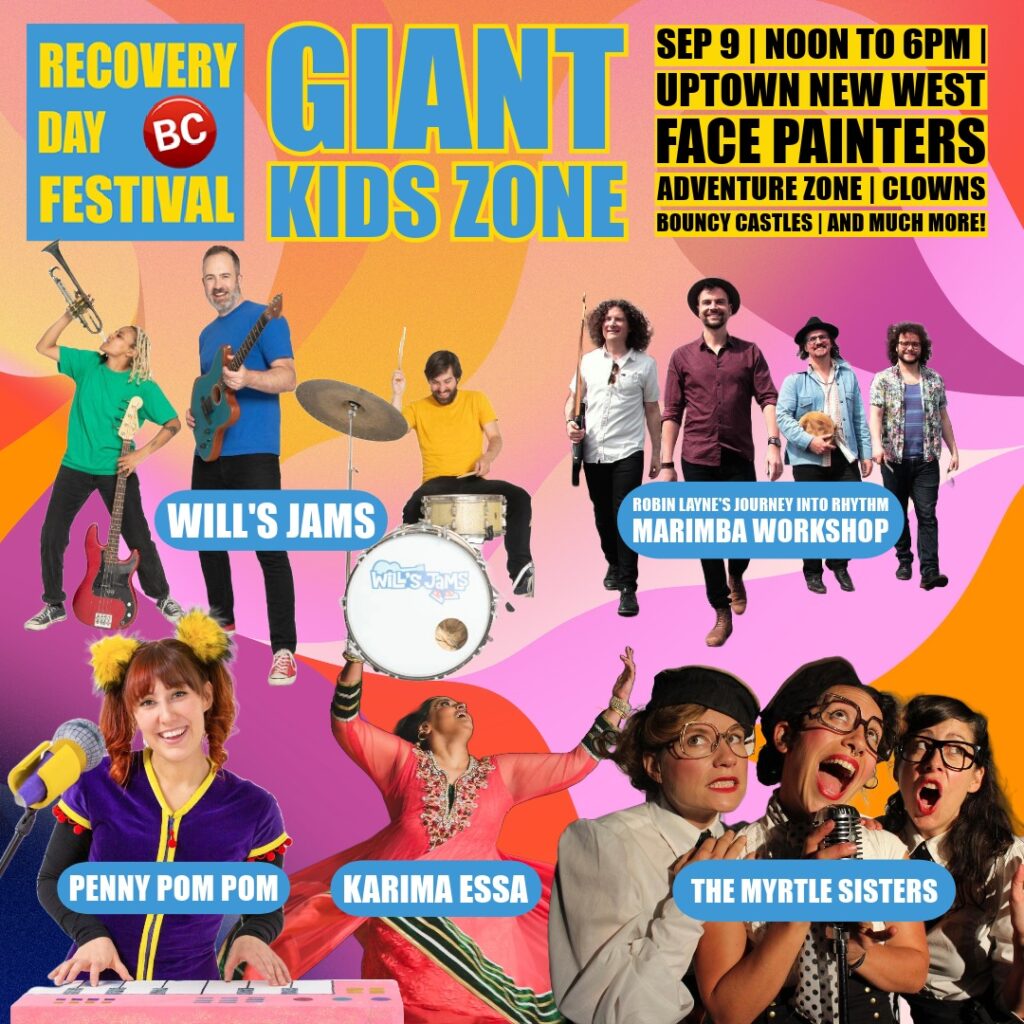
Recovery is real, available, attainable, and sustainable. It has been a long and difficult fight to get to where we are today with recovery starting to be accepted and even celebrated openly and without stigma. It is all thanks to what is called the New Recovery Advocacy Movement (NRAM) that has its roots in the past works of the National Council on Alcoholism and Drug Dependence (NCADD) and the Society of Americans for Recovery (SOAR) but has evolved to encompass new ideas and strategies that have helped millions of people find a happy and healthy life in recovery. In 1989 the United States saw the creation of National Addiction Recovery Awareness Month, as a national observance to promote and support new evidence-based treatment and recovery practices and to celebrate the strong and proud recovery community nationwide. Sadly, Canada has failed to follow suit and in doing so has failed to support the millions of Canadians in recovery and the untold numbers of people still in the grips of addiction.
NRAM really came into its own in the late 1990’s as a reaction to the increased de-medicalization, re-stigmatization, and criminalization of alcohol and other drug problems and the resulting skepticism and pessimistic outlooks on the prospects of long-term addiction recovery. Across the United States, grassroots recovery community organizations sprouted up aided by seed grants from the Center for Substance Abuse Treatment’s (CSAT) Recovery Community Support Program (RCSP). This swell of support saw the creation of Faces and Voices of Recovery (FAVOR) in 2001 which formalized the national infrastructure for recovery in America. The subsequent cultural and political mobilization of people in recovery and people personally affected by addiction was enhanced by the growth and diversification of recovery mutual aid groups, a new generation of recovery advocacy literature, and a national recovery rally held in Washington D.C. in 2015.
Canadian Recovery Emerges
The Canadian recovery advocacy movement officially began in September of 2006, when Jeff Wilbee from AMHO (Addiction and Mental Health Ontario) held the first Recovery Breakfast in Ontario during the American “National Addiction Recovery Awareness Month” and slowly began to build momentum through the dedicated work of individuals who were passionate about representing their recovery communities. Fast forward a few years to 2012, when then 29-year-old filmmaker/person in long-term recovery Greg Williams, created a page on Kickstarter for a film The Anonymous People, aimed to publicize the “New Recovery Advocacy Movement” and move beyond stigma and shift the focus from the problem of addiction to the solution – recovery. This video carried a message with the potential to change the lives of many millions of people.
In just one month, The Anonymous People surpassed its fundraising goal – in fact, 272 backers from the recovery community gave over $80,000. In Vancouver, while researching films for the Orchard Recovery Centre’s upcoming film festival: Hope in Recovery, organizers Lorinda Strang and Anne Marie McCullough were sent a link to Williams’ Kickstarter page, and promptly pledged $3000 to the project. Williams was invited to speak at the 2nd Annual REEL Recovery Film Festival, held in October where he showed the trailer and answered questions from a captivated audience eager to learn more about community and evidence-based treatment practices.
Through Greg Williams, Lorinda and Annie were reacquainted with Faces and Voices of Recovery (FAVOR), the American organization formed in 2001- dedicated to organizing and mobilizing the recovery community. Taking cues from the Gay Communities awareness and education campaigns about the AIDs Epidemic from 1987 with the motto “Silence = Death”, FAVOR believed there was a need to recognize the millions of people living happy, healthy, and productive lives in recovery and counter the insidious and inaccurate stigma that still colours too much of society’s attitude and approach to addiction.
Lorinda and Anne Marie were aware that for almost 25 years, the U.S. Government, through its Substance Abuse and Mental Health Services Administration (SAMHSA), had been recognizing September as Recovery Month. They immediately decided to start planning a celebration of recovery in Vancouver to coincide with the U.S. Recovery Month celebrations. They obtained a permit for the event and formed a team that included David Berner and Giuseppe Ganci with the Last Door Recovery Society. David Berner wrote the first Recovery Day proclamation, issued by Mayor Gregor Robertson, recognizing September 30th, 2012, as Recovery Day in Vancouver. There was an afternoon celebration which included a rally and march with 1500 participants on the lawns of the Vancouver Art Gallery. The same day, Victoria, BC also held an event on the lawns of the Legislature building.
In May of 2013, Greg returned to Vancouver and screened the completed film to a full house. That same night, Lorinda and Annie announced the co-founding of the new non-profit Faces and Voices of Recovery Canada, modelled after the organization that had been helping organize the recovery movement in the USA since 2001.As a national advocacy organization, Faces and Voices of Recovery Canada’s goals were clear: to organize and mobilize Canadians in recovery from addiction, along with their families, friends, and allies; to reduce the stigma associated with addiction; to raise awareness and bring people together in celebration of recovery. To build networks of recovery, to support all pathways to recovery, and to help support initiatives such as Recovery Day and institute National Addiction Recovery Awareness Month in Canada as September.
Recovery Organized
On September 8th, 2013, twelve cities across Canada – Calgary, Edmonton, Saskatoon, Victoria, Regina, Nanaimo, Kamloops, Kelowna, Ottawa, Fredericton, Toronto, and Vancouver hosted Recovery Day events. The official launch of FAVOR Canada took place in Ottawa at the CCSA’s Issues of Substance conference in November 2013. The directors, including the original founders– AnnMarie McCullough and Lorinda Strang—as well as Lisa Simone of Calgary, Sherri Skeans of Newfoundland, award-winning author Ann Dowsett Johnston of Toronto, met with then Federal Health Minister, Rona Ambrose, discussing their initiatives and how the minister might bring recovery into her mandate.
In March of 2014, Ms. McCullough, Ms. Strang, and Ms. Dowsett Johnston were invited along with other advocates to Ottawa to speak before the Combating Substance Abuse Caucus about recovery. FAVOR Canada’s presentation–“Recovery Advocacy in Canada”—resulted in unanimous support for its call to action: the wish to have a national day, week, and month of Recovery each September. Motion-M551 was put forth in the House of Commons by then MP – John Weston, to have September declared National Addiction Recovery Awareness Month in Canada, to be in line with the US and the United Nations.
Sadly, John Weston was not successful in his riding and this motion was never finalized, and no politicians or political parties decided to continue the movement.
FAVOR Canada and the CCSA then hosted Canada’s first Recovery Summit on January 27 and 28, 2015. Individuals from across Canada representing recovery, treatment, continuing care, education, research, and government came together to create a united vision for what Recovery means in Canada. The vision below is the result of that Summit and was an important step toward promoting Recovery in Canada.
Vision
Through this National Commitment to Recovery in Canada, we collectively declare our vision for a Canada in which:
Recovery is real, available, attainable, and sustainable. Recovery is an ongoing journey free of stigma and discrimination. Individuals, families, workplaces, and communities are celebrated for their perseverance and commitment to Recovery. Recovery-focused services and supports are based on collaboration and partnership.
The National Recovery Advisory Council (NRAC) was formed after the Summit, in order to bring the National Commitment to Recovery to life.
Conversation Changed
On October 4th, 2015, tens of thousands rallied together at the Washington Mall. More than 700 organizations from around the world gathered in a show of solidarity at “Unite to Face Addiction”.
This was a history-making day and the first ever of its kind on the planet. The rally included incredible performances from Joe Walsh, Steven Tyler, and Sheryl Crow. It also included an announcement from the Surgeon General on the country’s first ever report on addiction. This marked a tremendous step – changing the conversation from the problem of addiction to the solution- Recovery.
The Canadian Centre on Substance Abuse (CCSA) and the National Recovery Advisory Committee (NARC), which includes two of FAVOR Canada’s directors, announced the launch of the first ever “Canadian Life in Recovery” survey in 2016. This aimed to explore the life experiences of individuals in recovery from addiction to alcohol and other drugs, including the personal journeys and the different pathways of recovery that exist for Canadians building a picture of the lives of Canadians in recovery. Results were disseminated in 2017 and the study results can be received by contacting recovery@ccsa.ca
In 2017, the NRAC launched “Moving Toward a Recovery-Oriented System of Care: A Resource for
Service Providers and Decision Makers “– Available at the CCSA.ca website, it was designed for service providers and decision makers in the substance use treatment field. The goal of this resource is to show the value of adopting a recovery-oriented approach across the care continuum and provide examples of policies and practices that can be implemented to support the principles of recovery
2019 saw six cities across Canada hold Recovery Capital Conferences. New Westminster, Calgary, Regina Winnipeg, Toronto, and Halifax, with over 2500 participating across the country. Recovery Capital has started adding quantifiable data and metrics to recovery by focusing on the volume of internal and external resources that can be initiated to sustain long-term recovery.
Recovery Day, which began in 2012, is now being celebrated in over 30 cities across Canada. FAVOR Canada was a big part of facilitating that growth by creating the Recovery Day toolkit, hosting the Recovery Day Canada website, and holding monthly calls with participants across the country.
How To Apply Recovery
We have since learned that a Recovery Oriented System of Care (ROSC) is essential to the success of recovery. It is a coordinated network of community-based services and supports that is person-centered and builds on the strengths and resilience of individuals, families, and communities to achieve improved health, wellness, and quality of life for those with or at risk of alcohol and drug problems.
Celebrating & M-10
Today Recovery Day BC is celebrating its 10th Anniversary and is continuing to grow. Observers and community members not in recovery are able to see the reality that people do recover from addiction – and that it’s a disease that can be successfully managed to reveal people who are every bit as moral, productive, intelligent, talented – and humanly flawed – as the next person. Celebrating recovery helps people to realize the life they can have away from addiction.
With the persistence of Recovery Day Board of Directors Lorinda Strang, Susan Hogarth, Giuseppe Ganci, hundreds of volunteers, sponsors and donors, and the support of the city of New Westminster, Recovery Day continues to grow despite two years of lockdowns.
This year’s Recovery Day BC on September 10th, 2022, in New Westminster BC is expected to have thousands in attendance, 5 stages, 200 vendors, and a lineup of Canadian musical icons like Tom Cochrane, Snotty Nose Rez Kids, and Fred Penner. It is a family-friendly event that promotes unity, integrity, trust, and diversity.
Also, this year, Member of Parliament Peter Julian is bringing Motion M-10 to the House of Commons calling on Canada to designate the month of September, every year, as National Recovery Awareness Month and recognize and support Canadians recovering from addiction and demonstrate that recovery is possible, attainable, and sustainable.
